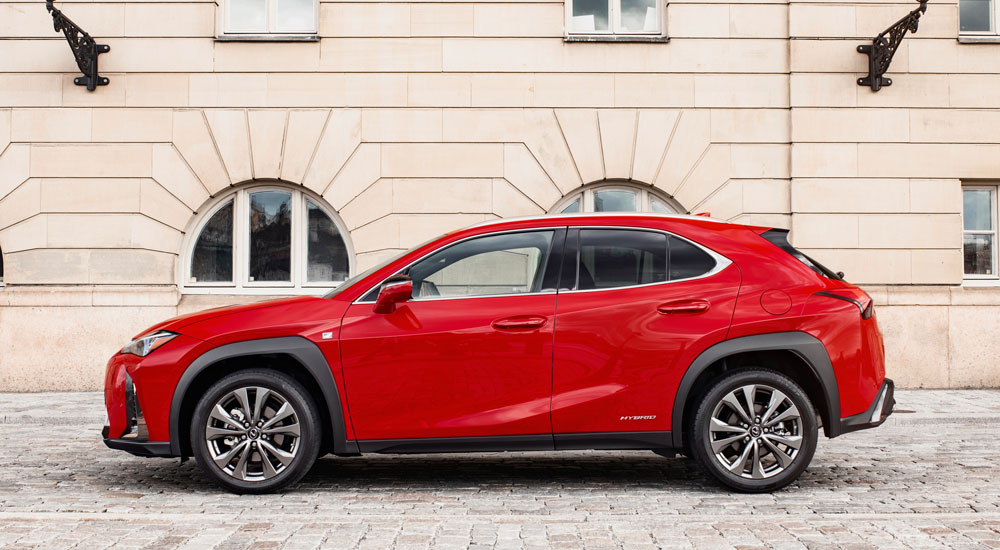Autocar spoke with a source inside Lexus about the possibility of plug-in hybrids:
Lexus will be able to adapt many of its hybrid powertrains to feature plug-in tech “relatively easily” if the market demands it, according to a source at the firm. The Japanese maker is convinced that its self-charging hybrid system is perfectly placed to take advantage of the Europe-wide shift away from diesel, but accepts that PHEVs are likely to play a greater role in the future.
In a way, this seems almost too obvious — Toyota has already developed a plug-in hybrid powertrain for the Prius Prime, and reworking the technology for other models takes no great imagination.
But it begs the question, if adapting the tech is so easy, why hasn’t it been done already? Why are Toyota (and by extension, Lexus) lukewarm on plug-in hybrids? PHEVs may be a stop-gap between hybrids and pure-electric vehicles, but it’s an attractive option for people wanting the benefits of battery power while keeping the safety net of gasoline engines.


Comments